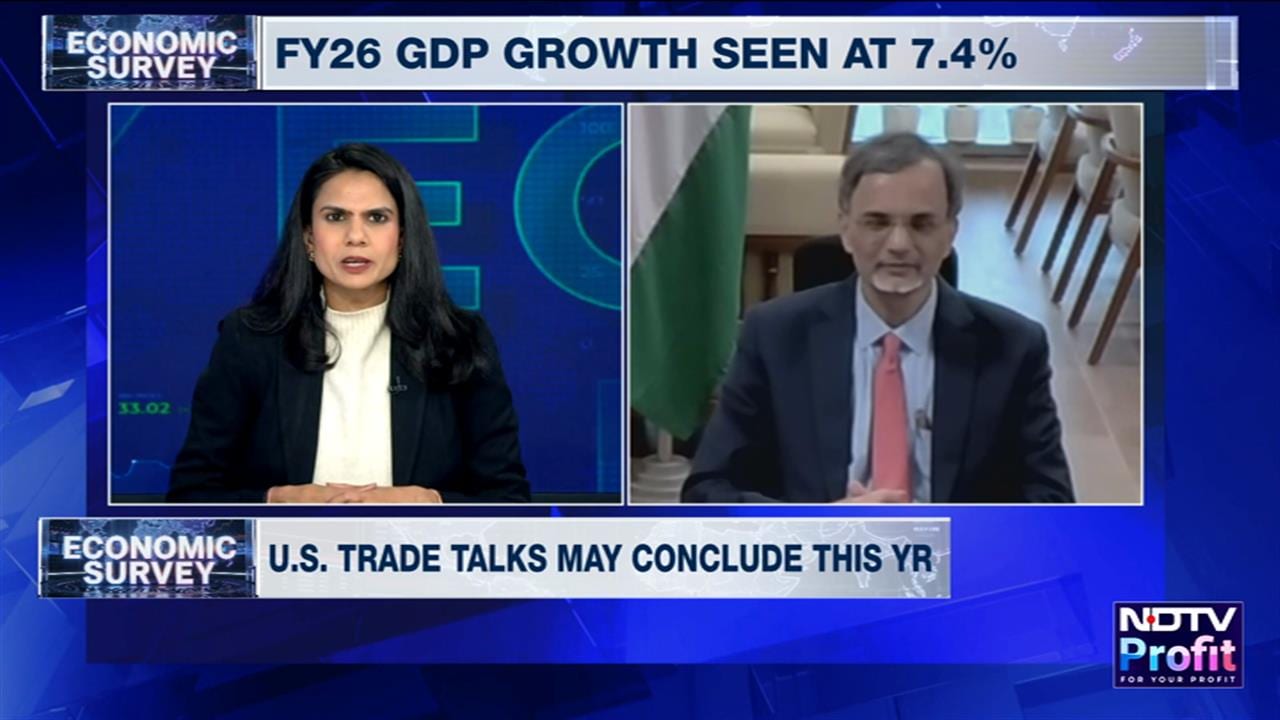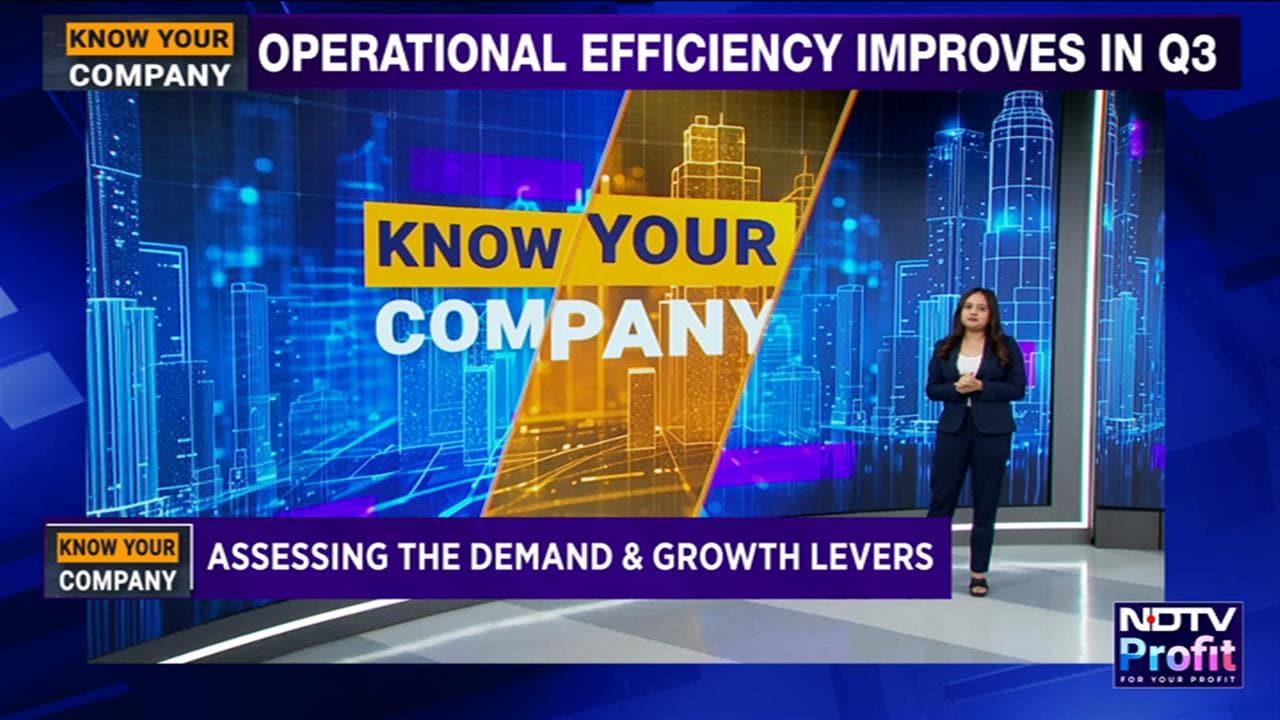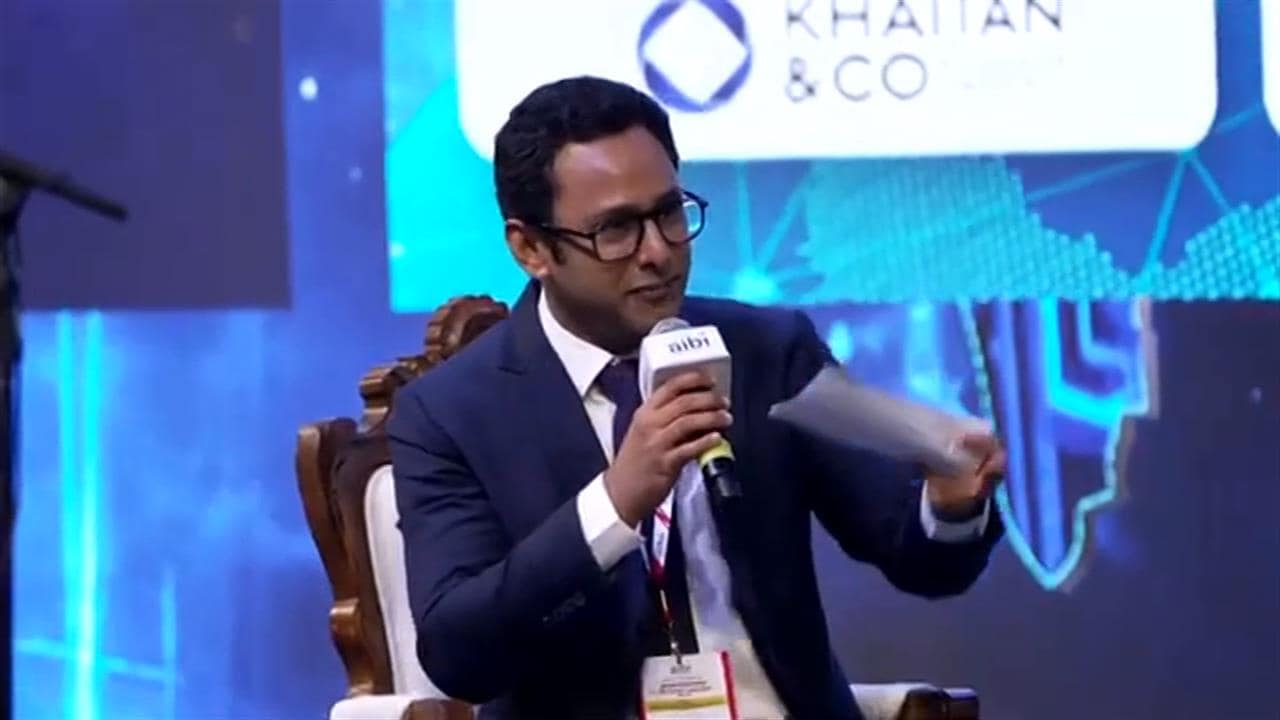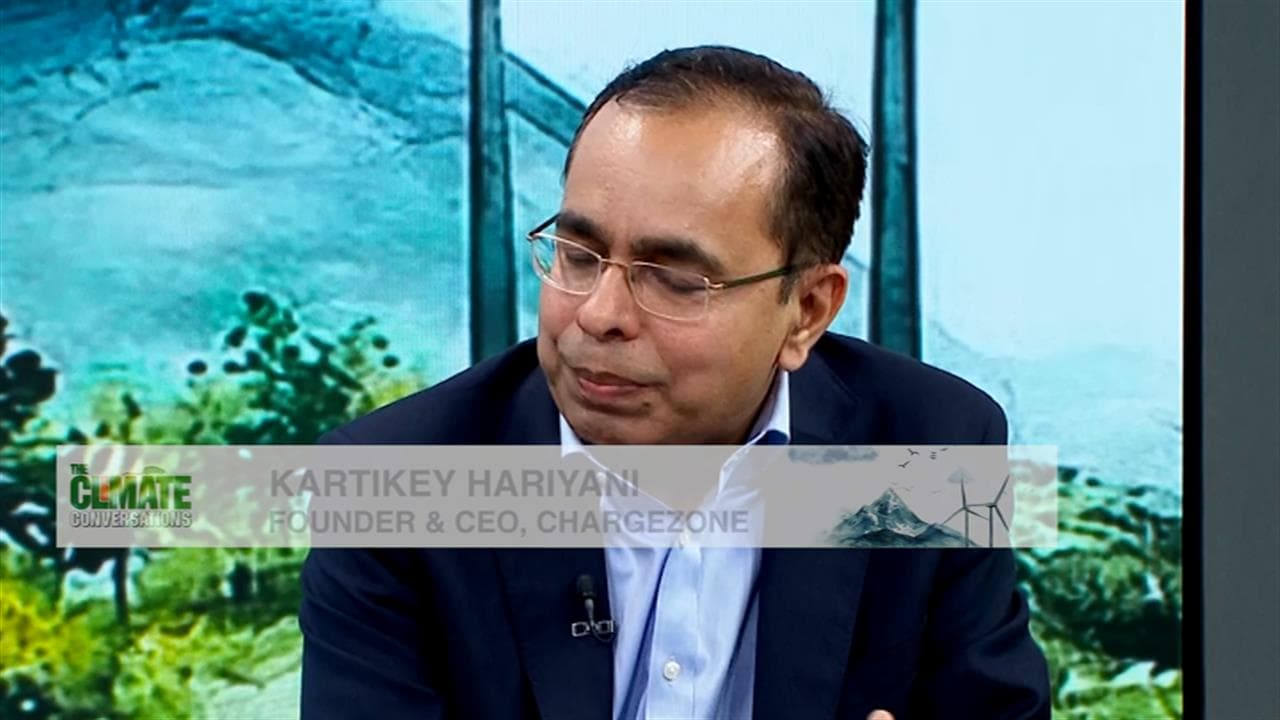
The government has put on hold the reimposition of the Approved List of Models and Manufacturers for solar panels from April 1 until further notice.
The Feb. 15 order is seen as an attempt to help Indian project developers, who are setting up solar power projects and have bid aggressively but are relying on imported Chinese panels.
"India's actual deliverable capacity within the country (excluding exports) with 20% or higher efficiency solar panels for Indian projects is estimated to be only 12 GW," said Manish Narula, India head of Jinko Solar, a Chinese panel manufacturing company.
"It will be appropriate if implementation of ALMM is postponed for one more year till March 31, 2025. By then, India's actual deliverable capacity will also be close to 20GW."
In July 2023, ALMM stayed for one year, from April 1, 2023, to March 31, 2024.
The Indian government has approved Indian manufacturers, from whom companies are supposed to buy panels. This has been done to compete with Chinese suppliers, who cater to 85% of the demand for panels in India.
As of date, India has not approved any foreign manufacturers on the list. Chinese suppliers made several representations to the government, but first, due to Covid and later on other pretexts, inspection of manufacturing plants in China and other foreign countries could not be undertaken.
The Ministry of New and Renewable Energy has, as of date, approved around 40 GW of manufacturing capacity. However, it would take a couple of years before these capacities come online.
India will need 40 GW of annual project capacity to meet its 2030 renewable energy capacity. But domestic capacity is falling short. Hence, the government had to postpone ALMM by one year, allowing project developers to import from China.
Exemptions Approved Under ALMM
ALMM, which was to be reimposed from April 1, had noted application to those projects that were sponsored and subsidised by the government, according to an MNRE order on Feb. 9.
The application would include the government or its agencies procuring power for their own consumption or for distribution to people through distribution companies.
Further, it would be applicable to rooftops and KUSUM Scheme projects that were subsidised.
However, commercial and industrial rooftop projects that are not subsidised will be exempt. It won't apply to open access, captive, group captive or third party sale projects.
Exemptions were provided to all projects that were commissioned by March 31, 2024. Even projects in advanced stages of construction or where orders for modules were placed before March 31, 2024 and an irrevocable letter of credit was opened before March 31, 2024 will be exempt.
Advantage For Domestic Project Developers
Just as the imposition of ALMM would help domestic manufacturers of solar panels, postponement will help domestic project developers who find imported panels from non-ALMM-listed manufacturers cheaper, more consistent and better.
"It will help India in the process of achieving its 2030 renewable capacity target. Indian panel manufacturers are yet to catch up to manufacturing economies of scale, and capacity-wise, they have to catch up with Chinese panel manufacturers. We hope that the ALMM order can clarify its applicability to behind-the-meter zero export, net/gross metered and open access projects,” said Puneet Goyal, co-founder of SunAlpha Energy Pvt.
Postponing ALMM till March next year will give developers a much needed breather, he said.
Comprehensive Budget 2026 coverage, LIVE TV analysis, Stock Market and Industry reactions, Income Tax changes and Latest News on NDTV Profit.























